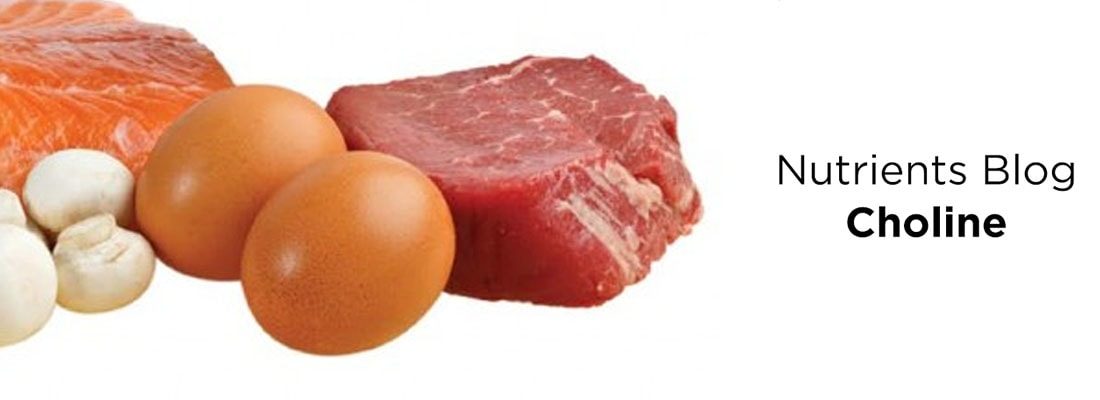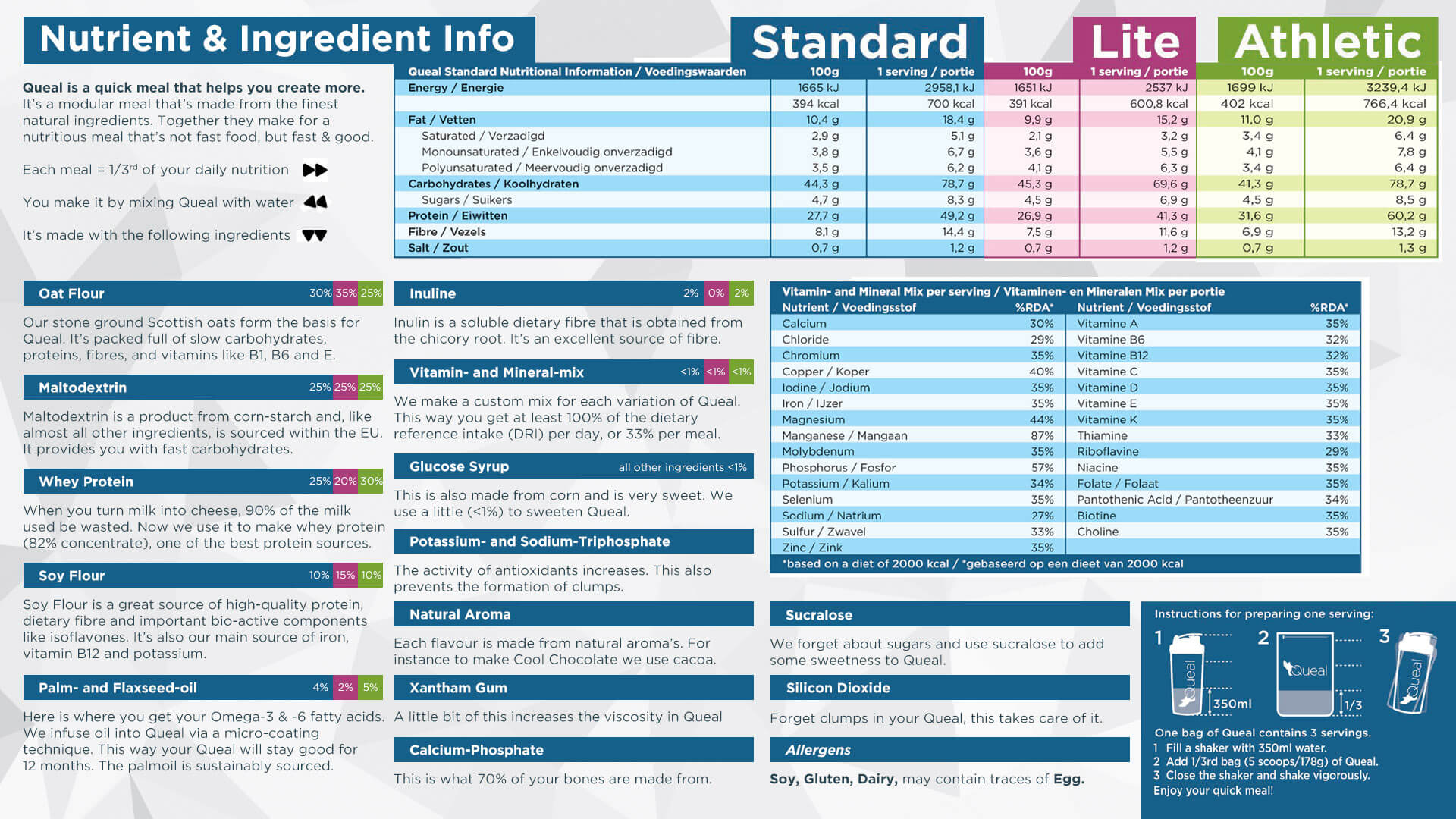
Choline – According to American Guidelines
Choline is a water-soluble essential nutrient. It is used by the body in various ways in the aid of brain activity (e.g. neurotransmission).
Choline is found in “normal” diets in peanuts, milk, and eggs.
There is much debate about the recommended daily intake for choline. The United States’ Institute of Medicine recommends 425 mg/day up to 550mg/day as a guideline. This is however partly based on somewhat controversial and criticised old research. The European Union’s stance is that the human body, after infancy, produces enough Choline itself, and thus no recommended daily amount is necessary.
An excess of choline is not problematic. There is some early but promising research that suggests a high-choline diet can help memory retention in elderly people. However, there is also limited research that suggests an intake of choline in excess of 7 grams (that’s quite a lot) would drop your blood pressure. Either way, it suggests taking supplemental choline is not bad for you (just don’t overdo it), and might be beneficial in the long run.
Choline is necessary for the functioning of neurones in the brain. The body is capable of producing enough Choline to function properly, and there is no recommended daily amount for Choline in European Guidelines. However, some research has shown that added choline improves memory functions in older age, and there is no negative effect to added Choline. US guidelines incorporate this.
The quantity of Choline in Queal differs from the official Dutch regulations. They do not see Choline as an essential nutrient. However, in the USA it is assigned as such. As there is no harm in higher quantities of Choline (it is actually shown to have a positive effect on memory), we decided to follow US guidelines.
As there is no downside to following the American recommended daily intake amount for choline (550mg), we made sure Queal has at least that.
Queal holds 566,79mg of choline, an RDA of 103%.




No Comments